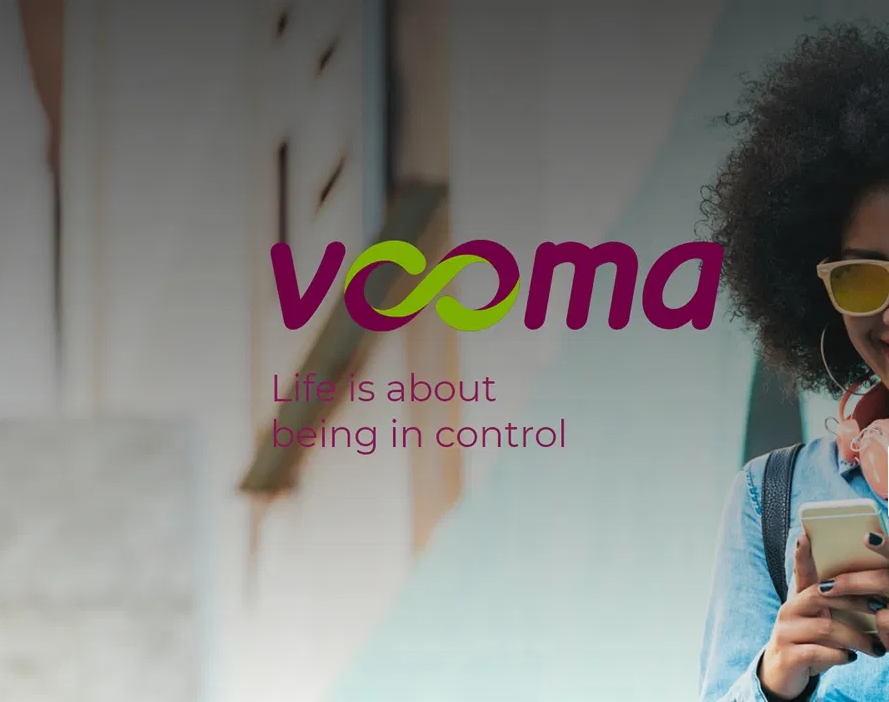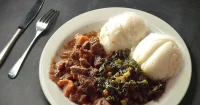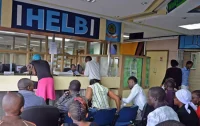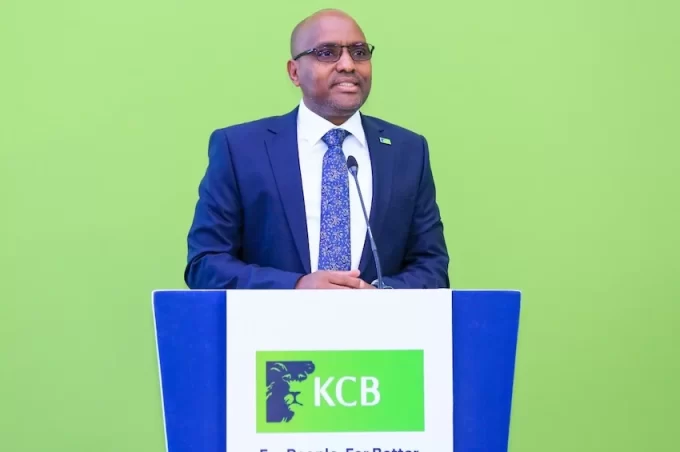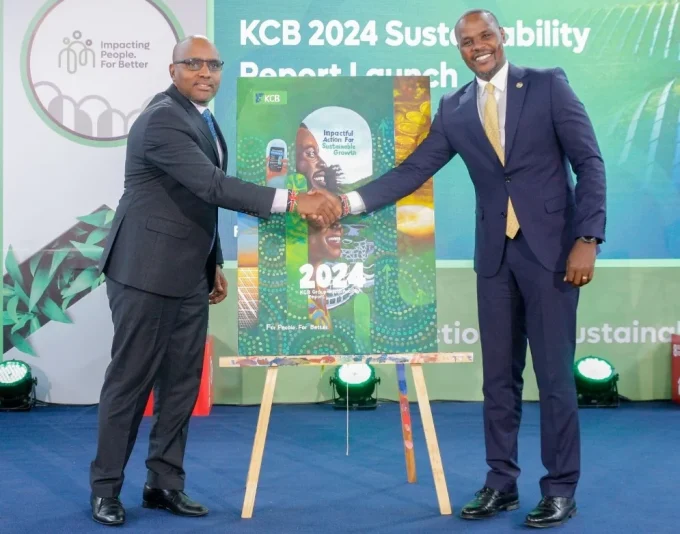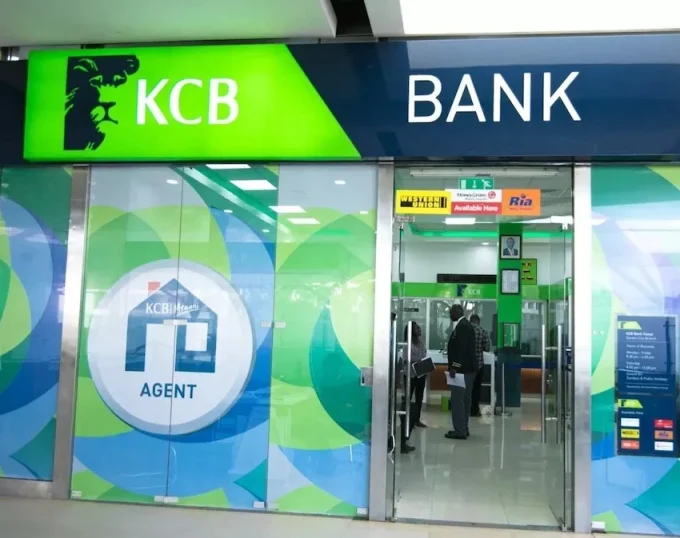KCB Group, the most profitable lender in Kenya, had decided to kill its Mobiloan product and replaced it with its freshly-minted Vooma loan as from 23rd December 2020. KCB says the decision has been made to ensure fast, flexible, and reliable borrowing services.
In March this year, KCB pumped Ksh30 million into the Mobiloan platform to support individuals and businesses at the height of the Covid-19 pandemic.
In a text message to its customers, the lender said, “the loan will be for a period of one month at a cost of 5.91%. You will continue to access and pay for VOOMA loan on *522# or the KCB App.” The interest is slightly lower than its KCB-MPesa service which charges 7.35%.
While the lender extended borrowing limits and repayment periods on the mobile loan product, it has been forced to replace it with the one-month loan, while charging a much higher interest rate.
The KCB Mobiloan had borrowing range of between Ksh50 and Ksh1 million, spread into one month, three months, and six months loans with rates of 2% to 6%.
KCB has more than 22 million KCB-M-Pesa customers who borrowed Ksh212 billion in 2019. The new Vooma loan app will enable easy and secure digital and wallet payments via mobile phone.
According to the Q3, 2020 financials, KCB reported Ksh10.9 billion in net earnings. This is 43% lower than the Ksh19.2 billion in Q3, 2019.
“This has been a challenging period for the business, staff, our customers and the economy,” said KCB Group CEO & MD Joshua Oigara. “Our focus has been on keeping our staff and customers safe while at the same time giving business support to the communities we operate in as well as our customers. The pandemic has had a deep socio-economic impact and hence our decision to stand with our stakeholders.”
For the period under review, the bank restructured customer facilities worth Ksh105 billion. Non-funded income was slightly up from Ksh21.0 billion to Ksh21.3 billion, impacted by the reduction in loan disbursements to mobile customers during the period.
Loan loss provision was up to Ksh20 billion from Ksh5.8 billion in the previous period, driven by changes in customer risk profiles and impact of the pandemic on macroeconomic drivers.
The non-performing loans (NPLs) book rose to Ksh97.0 billion up from Ksh42.6 billion in 2019. The ratio of NPLs to total loan book increased to 15.2% from 8.3% in 2019, mainly due to the consolidation of NBK and COVID-19 related downgrades.
“While the pandemic is far from over and likely to continue into the next year, further straining the business and economy, we are projecting some recovery as the East Africa region finds some stability in living with the effects of the virus,” Mr Oigara said.
“We will continue to support our customers through the crisis and enhance initiatives geared towards ring-fencing the business. Our approach is conserving cash and managing cost.”

